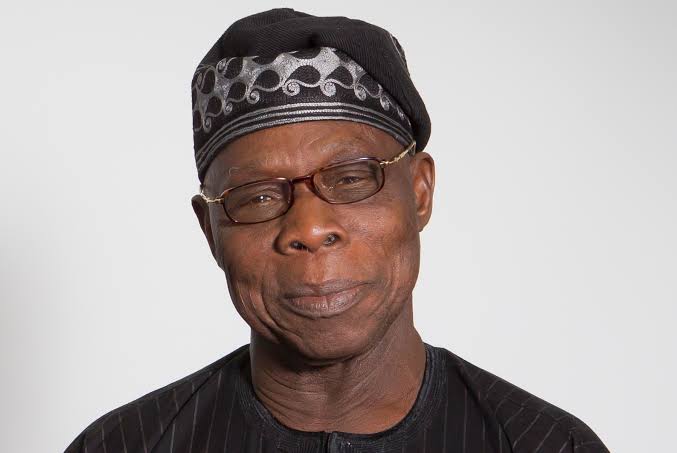
Former Nigerian President Olusegun Obasanjo has attributed his 1995 imprisonment under the late military ruler, Gen. Sani Abacha, to his vocal stance on national and global issues. Speaking during a visit from winners of the Future Africa Leaders Awards at his residence, Obasanjo shared insights into his personal challenges and the factors that led him to re-enter politics in 1999 to stabilize Nigeria.
The elder statesman revealed that after retiring from the military at 42 in 1979, he embraced farming. However, his refusal to remain silent on matters of public concern eventually landed him in prison. He described his incarceration as a consequence of his outspokenness:
“Going to prison is a challenge, but I ended up there because I refused to keep quiet. For me, if there was something to comment on, I spoke out, and that landed me in prison,” he said.
After his release, Obasanjo was persuaded by national and international stakeholders to return to politics to address Nigeria’s precarious situation at the time.
Obasanjo also criticized the recklessness behind some African nations’ debt burdens, recounting instances of loans taken for projects that never materialized, such as a failed carpet industry in a Nigerian state.
During the event, Obasanjo commended Pastor Chris Oyakhilome for empowering African youths through the Future Africa Leaders Foundation. He urged the awardees to embrace their leadership roles, stating, “Carry the torch and spread it. You are the leaders of today, not tomorrow. Take positive, disruptive action to make a difference.”
The youth delegation, which included participants from 14 African countries, praised Obasanjo for his mentorship and legacy. Julian New Ariori from Benin Republic, the Star Prize winner of the 2024 edition, expressed gratitude for the tour of the Olusegun Obasanjo Presidential Library, describing it as an enriching experience.
Obasanjo’s reflections and encouragement emphasized the importance of leadership, resilience, and proactive engagement in addressing Africa’s challenges.






